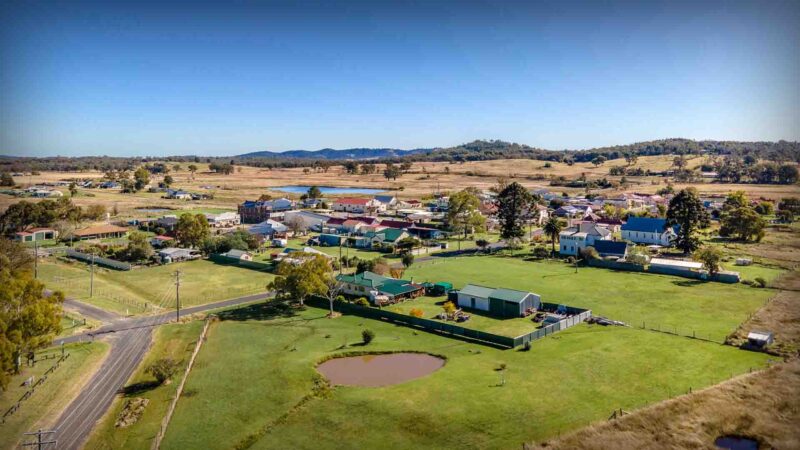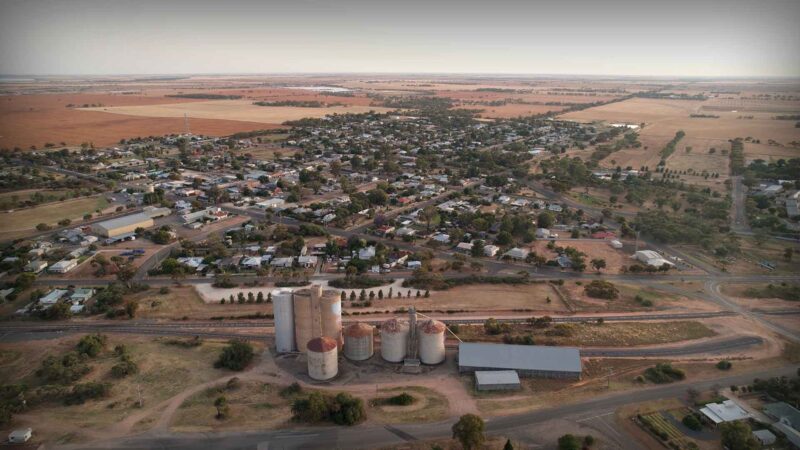Medical colleges reform to address accessibility, affordability and rural challenges
Australia’s specialist medical colleges are introducing significant changes to their training selection processes to tackle the ongoing shortage of specialist doctors in rural and remote areas. The Council of Presidents of Medical Colleges (CPMC), in collaboration with the National Rural Health Commissioner, has unveiled new guidelines that prioritise candidates with rural backgrounds and experience during trainee selection.








